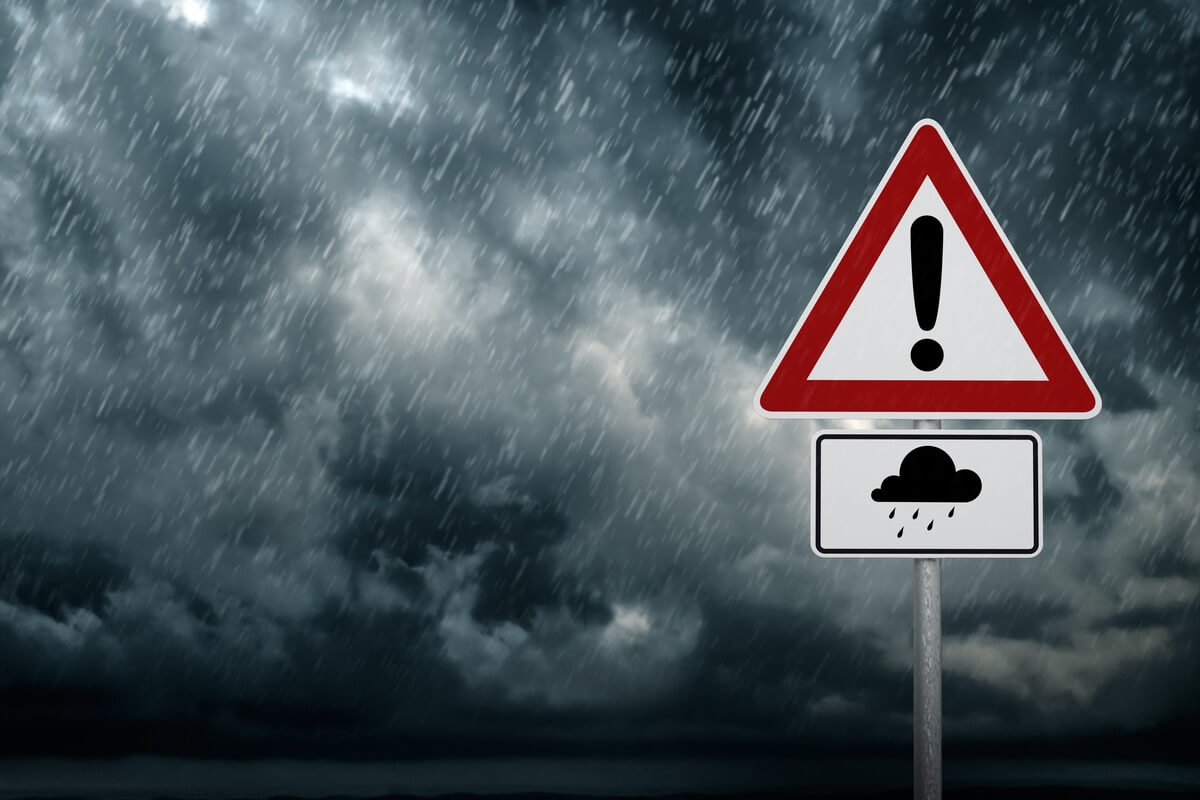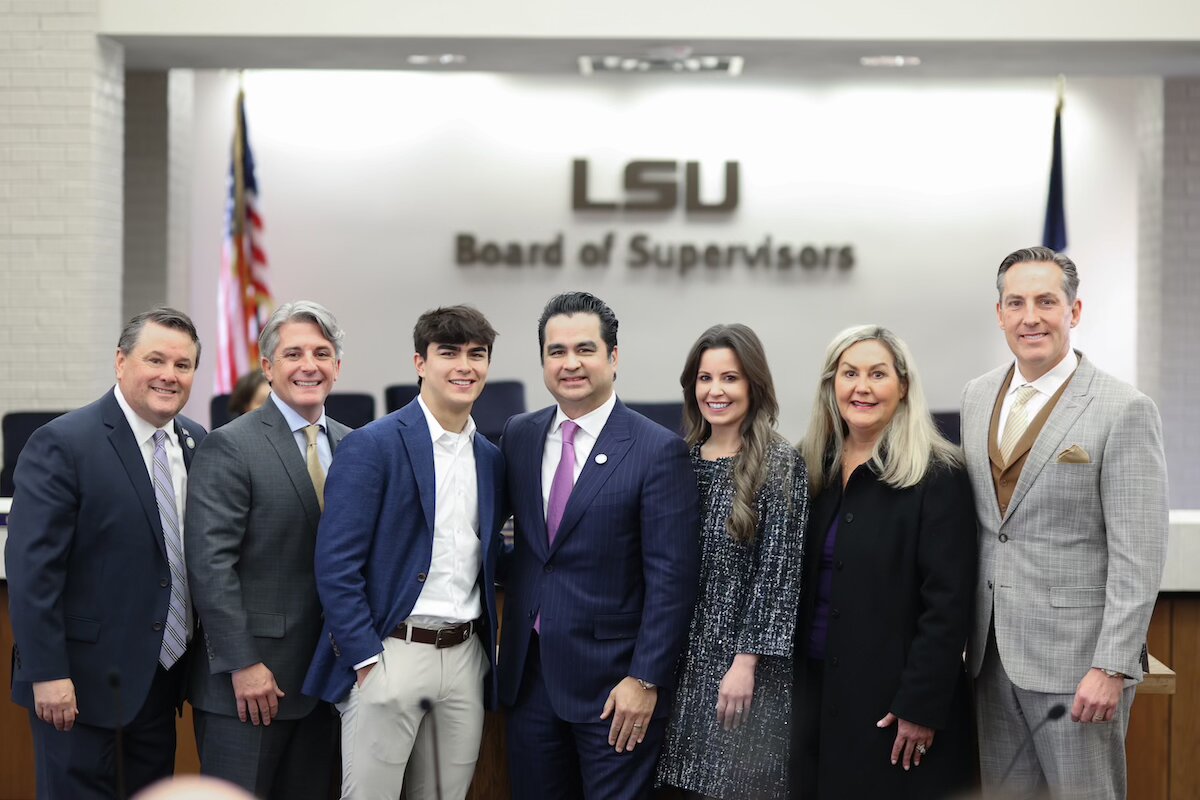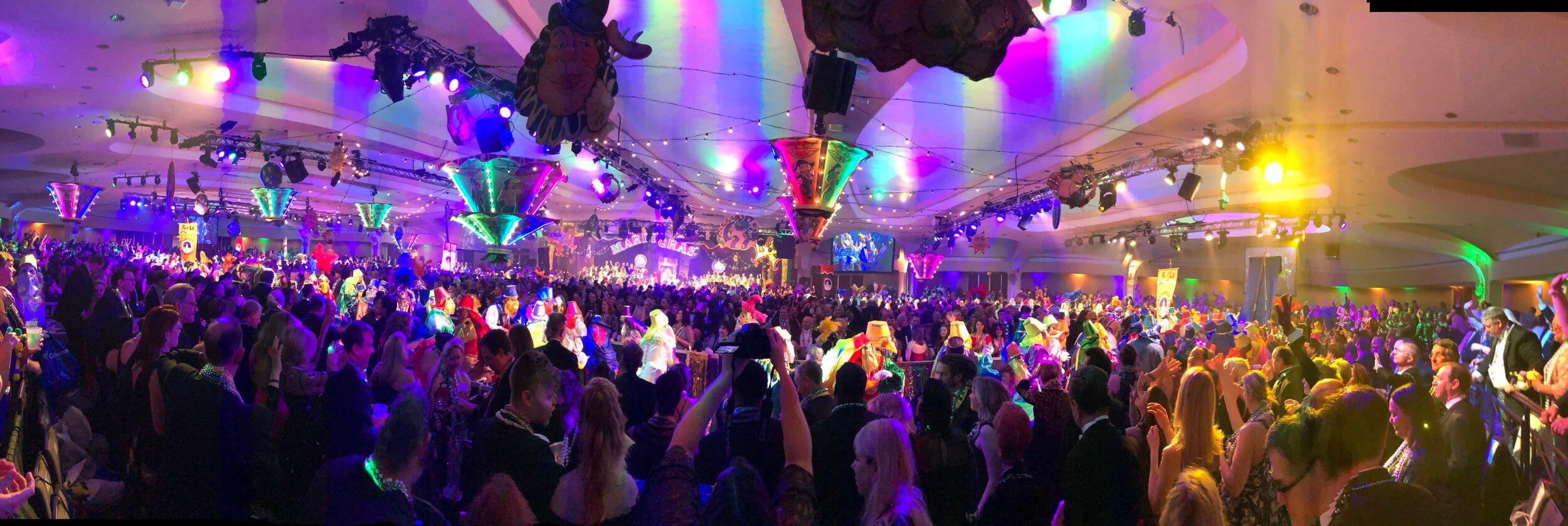
Partner at AKD Lawyers
Practice Areas: Personal Injury, Insurance Claims

Natural disasters disrupt lives in ways that extend far beyond the immediate damage to homes and communities. While the destruction caused by hurricanes, floods, wildfires, or earthquakes is often visible, the legal challenges that follow can be just as devastating. Many survivors face denied insurance claims, landlord disputes, job loss, and difficulties accessing government aid. In times like these, having the proper legal support can make all the difference.
Legal assistance after a disaster is not just about filing claims or securing financial aid. It’s about protecting the rights of individuals who may be left vulnerable in the wake of tragedy. Without proper legal guidance, many disaster victims struggle to rebuild their lives, often facing bureaucratic roadblocks, fraudulent contractors, and even wrongful evictions. Understanding your legal rights and the resources available to you can ensure a smoother recovery process and prevent further hardship.
This guide explores common legal issues faced by disaster survivors, outlines the legal protections in place, and provides valuable resources to help individuals and families get back on their feet. Whether you are dealing with an insurance company, a landlord, or FEMA, knowing where to turn for legal help can make the road to recovery much more manageable.
Understanding Disaster Legal Services (DLS)
When a natural disaster strikes, legal problems can arise quickly. Survivors may struggle with lost documents, denied benefits, or unfair treatment from insurance companies and landlords.
Recognizing these challenges, the federal government established Disaster Legal Services (DLS) to ensure that those affected by disasters can access free legal assistance.
DLS is a program that provides free legal help to disaster survivors who cannot afford an attorney. It is made possible through a partnership between the Federal Emergency Management Agency (FEMA) and various legal aid organizations, including the American Bar Association’s Young Lawyers Division. The goal is to ensure that low-income individuals and families can receive the legal support they need without financial barriers.

What Services Does DLS Provide?
Disaster Legal Services offers assistance in a variety of legal matters, including:
- FEMA benefits and appeals: Many disaster survivors rely on FEMA assistance, but applications are often denied due to missing documents, eligibility misunderstandings, or clerical errors. DLS attorneys help survivors appeal denied claims and secure the benefits they are entitled to.
- Insurance disputes: When insurance companies deny or delay claims, DLS attorneys can help policyholders challenge these decisions and negotiate fair settlements.
- Landlord-tenant issues: Disasters often damage rental properties, leading to disputes between landlords and tenants. DLS assists tenants in asserting their rights, such as ensuring landlords fulfill their repair obligations and protecting renters from unlawful evictions.
- Contractor fraud: Fraudulent contractors frequently target homeowners rebuilding after a disaster. DLS provides guidance on avoiding scams and taking legal action against dishonest contractors.
- Replacement of lost legal documents: Many individuals lose essential legal documents, such as birth certificates, Social Security cards, and property deeds, during a disaster. DLS helps survivors replace these vital records.
- Employment and wage concerns: If a disaster results in job loss or unpaid wages, legal aid can help individuals understand their rights and seek appropriate compensation or unemployment benefits.
Who Qualifies for DLS Assistance?
Disaster Legal Services is available to individuals who:
- Have been affected by a federally declared disaster
- Do not have the financial means to hire a private attorney.
- Are dealing with legal issues directly caused by the disaster
To access DLS assistance, survivors can contact their local legal aid office, call the FEMA helpline, or visit a Disaster Recovery Center (DRC) set up in the affected region. The program ensures that vulnerable populations, including low-income families, older people, and people with disabilities, receive the legal support necessary to rebuild their lives.
By providing free legal assistance, DLS plays a crucial role in helping disaster survivors navigate complex legal processes, protect their rights, and secure the financial and housing stability they need to recover.
DLS provides confidential, free legal assistance to survivors who need legal help due to a major disaster but who do not have the means to secure adequate legal services. – FEMA.
Common Legal Issues Faced by Disaster Survivors
Understanding these common issues can help you take the proper steps toward recovery:
Insurance Claims and Disputes
Insurance is meant to provide financial relief after a disaster, but many policyholders struggle with delays, denials, and underpayments. Understanding your policy is crucial to ensuring you receive the compensation you deserve. If your claim is denied, you have the right to appeal the decision.
Steps to take if your claim is denied:
- Review the denial letter carefully.
- Gather all necessary documents, including photos, receipts, and damage assessments.
- Contact a legal professional to discuss your appeal options.
Housing and Landlord-Tenant Issues
Natural disasters can make homes uninhabitable, leaving renters and homeowners in difficult situations. Tenants may face eviction if they cannot pay rent, and landlords may be uncertain about their obligations regarding damaged properties.
Laws protecting renters vary by state, but many areas implement emergency eviction protections after a disaster. If you are a tenant, you may have the right to:
- Withhold rent if the property is unlivable.
- Terminate your lease without penalty if the damage is severe.
- Request repairs from the landlord within a reasonable timeframe.
FEMA Assistance and Appeals
FEMA provides financial assistance for temporary housing, home repairs, and other disaster-related expenses. However, not all applications are approved on the first try. If you receive a denial, you can appeal by providing additional documentation to support your claim.
The appeal process includes:
- Submitting a written request within 60 days of the denial.
- Including supporting documents such as repair estimates, medical bills, or proof of income loss.
- Explain why you disagree with FEMA’s decision and how the disaster has affected you.
The Stafford Act constitutes the statutory authority for most federal disaster response activities, especially as they pertain to FEMA and FEMA programs. –Wikipedia.
Contractor Fraud and Scams
Rebuilding after a disaster often requires hiring contractors, but unfortunately, scams are common. Some fraudulent contractors take advantage of vulnerable homeowners by charging high fees, using substandard materials, or disappearing after taking payments.
To protect yourself:
- Verify that the contractor is licensed and insured.
- Avoid paying the full amount upfront.
- Get all agreements in writing, including costs, timelines, and warranties.
If you fall victim to a scam, report it to your state’s Attorney General’s office and seek legal assistance to explore your options.
Conclusion
Employment and Income Disruptions
A disaster can force businesses to shut down temporarily or permanently, leaving employees without a source of income. If you lose your job or cannot work due to the disaster, you may qualify for Disaster Unemployment Assistance (DUA).
DUA provides financial relief to individuals who:
- Lost their job due to the disaster.
- Cannot reach their workplace because of disaster-related conditions.
- They were self-employed but could no longer operate their business.
To apply, contact your state’s unemployment office and provide proof of income and employment loss due to the disaster.
Relevant Laws and Regulations
Understanding the legal framework surrounding disaster recovery can help you navigate available assistance programs.
Stafford Disaster Relief and Emergency Assistance Act
The Stafford Act allows FEMA to provide aid to individuals and communities affected by major disasters. It outlines the types of assistance available, including housing grants, low-interest loans, and disaster unemployment benefits.
State-Specific Laws
Many states have additional laws protecting disaster survivors. Some states offer extended eviction moratoriums, emergency financial assistance, or consumer protection measures against price gouging and fraud. Always check your state’s disaster response policies to understand your rights.
Case Studies and Examples
In previous disasters, legal aid services have played a crucial role in helping survivors recover. After Hurricane Katrina, thousands of residents faced insurance claim denials and landlord disputes. Legal aid organizations stepped in to assist with appeals, negotiate with insurance companies, and protect tenants from wrongful evictions.
Steps to Take When Seeking Legal Assistance
If you are facing legal challenges after a disaster, taking the proper steps can improve your chances of receiving the help you need.
- Document all damages by taking photos, saving receipts, and keeping a record of conversations with insurance companies and landlords.
- Contact a legal aid organization in your area for free or low-cost assistance.
- Research your rights under FEMA programs and state laws to ensure you receive fair treatment.

Common Legal Issues and Resources Post-Disaster
| Legal Issue | Description | Resource |
| Insurance Claim Disputes | Challenges in filing or receiving fair settlements from insurance. | State Department of Insurance, Legal Aid |
| Housing Issues | Disputes related to leases, evictions, or property repairs. | Local Housing Authorities, Tenant Rights Groups |
| FEMA Assistance Appeals | Navigating denials or insufficient aid from FEMA. | FEMA Helpline, Disaster Legal Services |
| Contractor Fraud | Scams involving repair and rebuilding services. | State Attorney General’s Office, BBB |
| Employment Disruptions | Loss of income or job due to disaster impacts. | State Unemployment Office, Department of Labor |
Frequently Asked Questions
What is Disaster Legal Services (DLS)?
DLS provides free legal help to disaster survivors who cannot afford legal representation. This includes assistance with insurance claims, FEMA applications, landlord-tenant issues, and contractor fraud.
How can I access legal help after a disaster?
For help with disaster-related legal issues, you can contact local legal aid groups, FEMA’s legal assistance programs, or the American Bar Association’s Disaster Legal Services.
What should I do if my insurance claim is denied?
Review the denial letter, gather evidence such as receipts and damage reports, and file an appeal. If necessary, seek legal assistance to challenge the insurance company’s decision.
Are there deadlines for applying for FEMA assistance?
Yes, FEMA typically requires applications to be submitted within 60 days of the disaster declaration. Late applications may be denied unless you have a valid reason for the delay.
How can I protect myself from contractor fraud during rebuilding?
Verify licenses, get written contracts, and avoid paying the full amount upfront. If you suspect fraud, report it to local authorities and seek legal advice.
Can I receive unemployment benefits if my job was affected by a disaster?
Yes, Disaster Unemployment Assistance (DUA) is available for those who lost their jobs or cannot work due to a significant disaster. Check with your state’s unemployment office for eligibility.
Recovering from a natural disaster is overwhelming, and navigating the legal challenges that come with it can be just as stressful. Whether you’re facing denied insurance claims, landlord disputes, or FEMA application issues, knowing your rights and accessing free legal aid can make a significant difference. Disaster Legal Services, pro bono attorneys, and nonprofit organizations are valuable resources that can help you get back on your feet.
If you need personalized legal assistance, AKD Law is here to help. Our experienced attorneys understand the complexities of disaster-related legal issues and are committed to fighting for your rights. Contact AKD Law today to discuss your case and get the support you deserve.
Categories

In 2003, after being dissatisfied with the quality of legal care for victims of car accidents, Roderick ‘Rico’ Alvendia sought to establish a new firm focused on providing high-quality legal services to aid injured victims and their families. J. Bart Kelly, sharing Rico’s passion for upholding justice, joined the firm later that year, and established a partnership.






